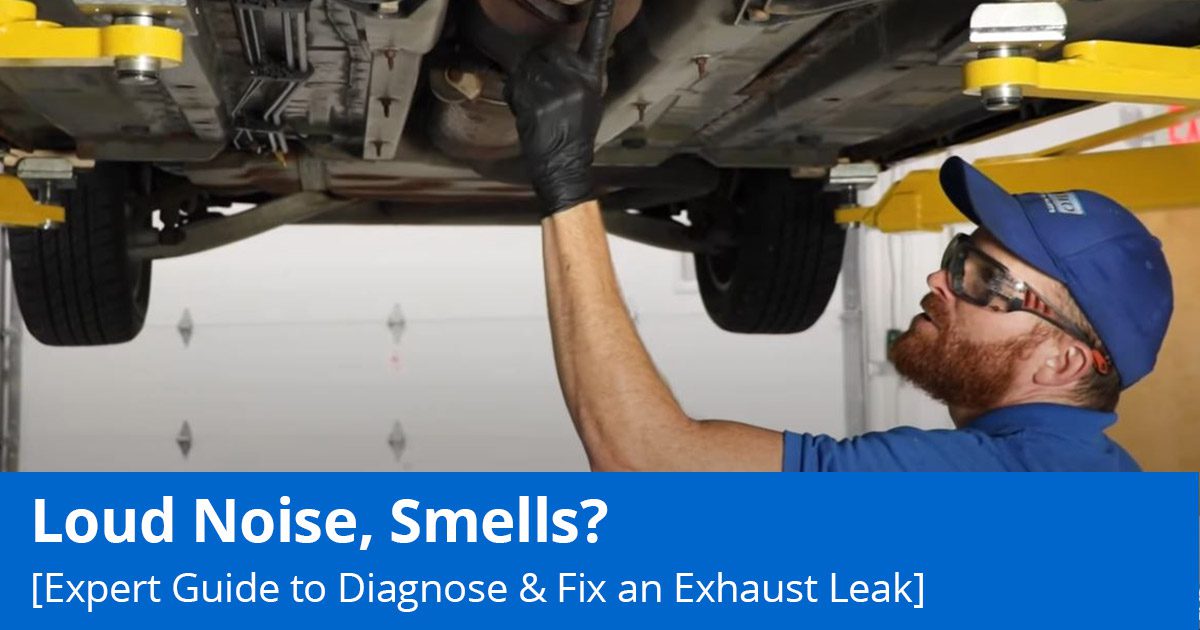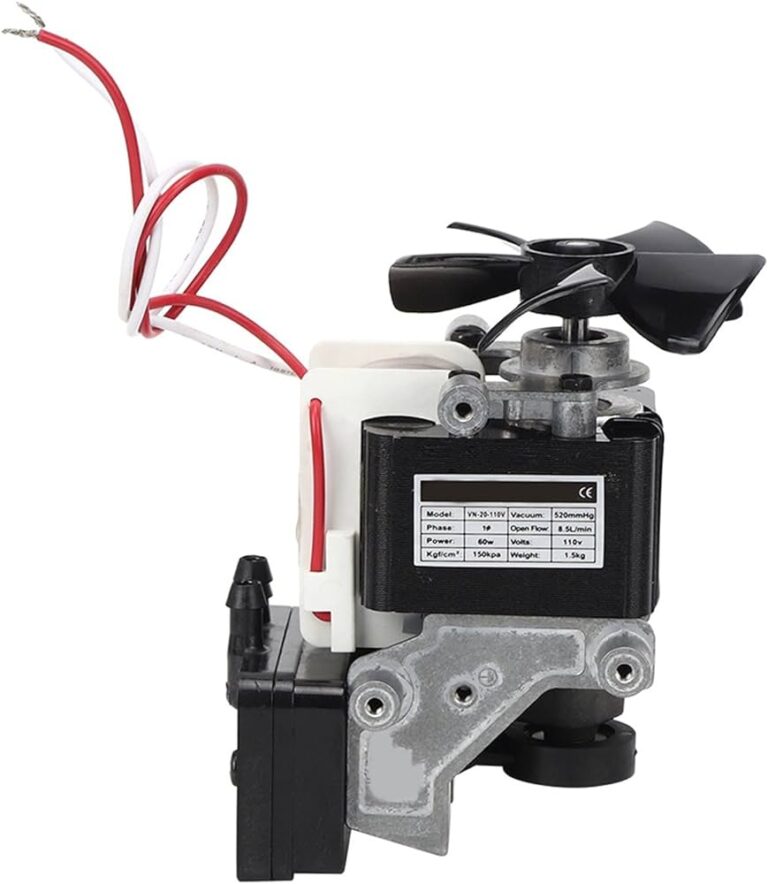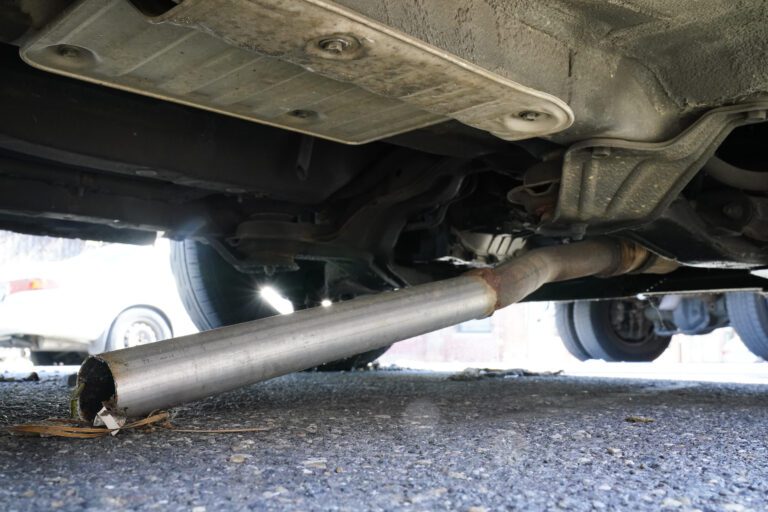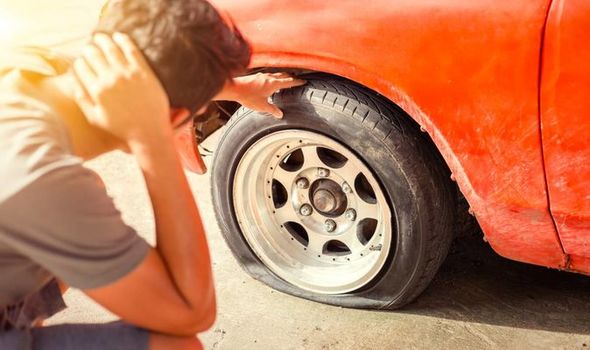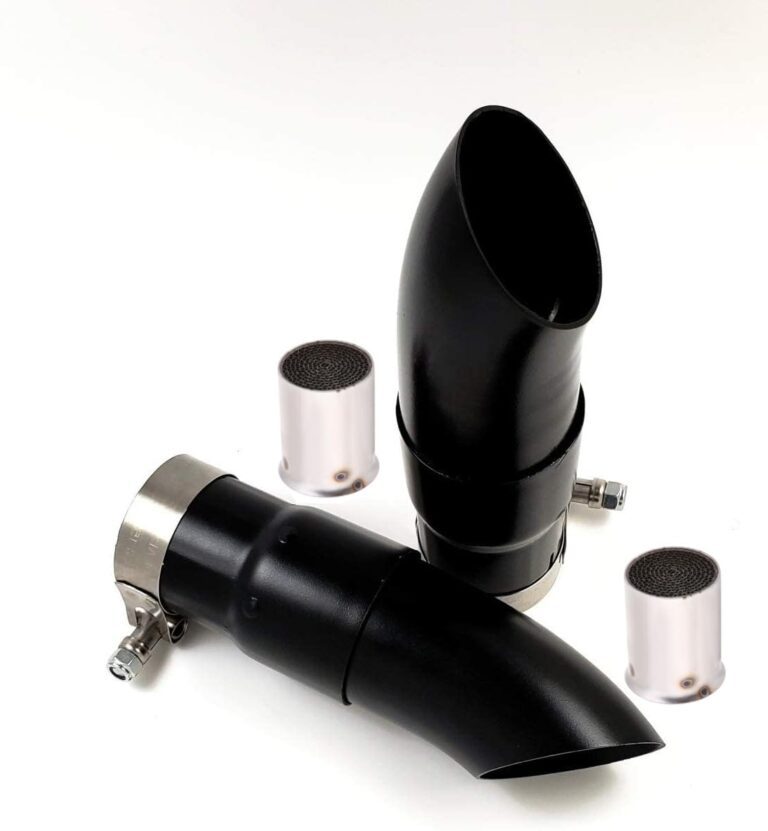Tail Pipe Leaking : Fix It Now with Expert Tips!
A tail pipe leaking can cause harmful emissions and reduce fuel efficiency. Additionally, it can lead to potential damage to the exhaust system and result in costly repairs.
If you notice any unusual noise or smell coming from your tail pipe, it is crucial to address the issue promptly to prevent further complications.
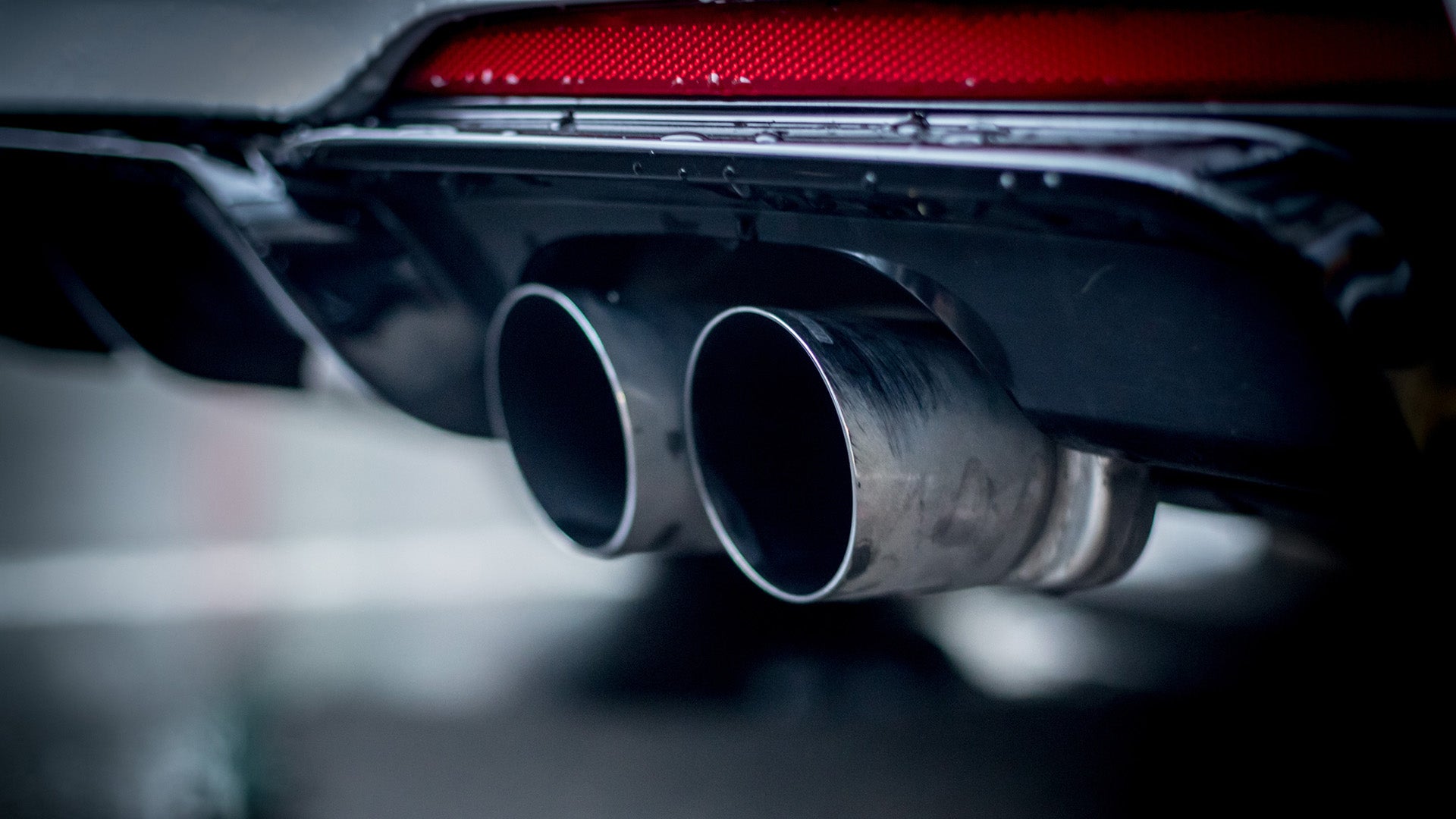
Credit: www.thedrive.com
Why Is Your Tail Pipe Leaking?
A leaking tail pipe can be a cause for concern, as it indicates an underlying issue with your vehicle’s exhaust system. There are several common causes of tail pipe leakage that you should be aware of:
| 1. Corrosion: Over time, the metal of the tail pipe can corrode, leading to small holes or cracks that allow exhaust gases to leak out. |
| 2. Loose or Damaged Connections: If the connections between the tail pipe and other components of the exhaust system are loose or damaged, it can result in leaks. |
| 3. Impact Damage: The tail pipe can be damaged by external objects, such as speed bumps or debris on the road. This damage can cause leaks. |
The effects of a leaking tail pipe can be harmful both to your vehicle and to your health. Breathing in exhaust fumes can be dangerous, and the leak can also lead to poor engine performance and reduced fuel efficiency.
Addressing the issue promptly is crucial to prevent further damage and ensure your safety on the road. Ignoring a leaking tail pipe can result in more serious problems with your exhaust system and potentially expensive repairs.
Signs Of A Leaking Tail Pipe
Signs of a Leaking Tail Pipe
If you notice visible smoke or vapor coming from your tailpipe, it could be a sign of a leaking tail pipe. The smoke or vapor may appear bluish or white in color, indicating that there is a problem with the exhaust system. Another sign to watch out for is unusual smells coming from the tailpipe. If you smell a strong, rotten egg-like odor, it could be a result of a leaking tail pipe and a malfunctioning catalytic converter. In addition to the visual and olfactory signs, a leaking tail pipe may also cause your exhaust system to be noisy. You may hear unusual noises, such as hissing or popping sounds, coming from the tailpipe. If you notice any of these signs, it is important to have your tail pipe inspected and repaired by a professional to ensure the proper functioning of your vehicle’s exhaust system.
How To Diagnose A Leaking Tail Pipe
Visual inspection is the first step to diagnose a leaking tail pipe. Look for visible signs of damage or corrosion on the tail pipe itself. Pay close attention to any cracks, holes, or leaks in the pipe. Additionally, check the connections between the tail pipe and other components of the exhaust system, such as the muffler or catalytic converter.
Listen for any abnormal sounds coming from the tail pipe. A leaking pipe may cause hissing or popping noises, indicating a problem with the exhaust system. Pay attention to any changes in exhaust odor as well. If you notice a strong, unpleasant smell, it could be a sign of a leaking tail pipe.
If you suspect a tail pipe leak, it is important to address the issue promptly. This can help prevent further damage to the exhaust system and improve overall vehicle performance.
Fixing A Leaking Tail Pipe At Home
When it comes to fixing a leaking tail pipe at home, it is important to follow a step-by-step guide to ensure proper repair. This will help prevent further damage to the exhaust system and maintain the overall performance of your vehicle.
Before starting the repair, gather the necessary tools and materials. You will need a jack, jack stands, wrench, exhaust sealant or tape, and possibly a replacement tail pipe if the damage is extensive. It is also important to take safety precautions, such as wearing gloves and safety goggles, and ensuring the vehicle is parked on a level surface.
Step 1: Begin by safely raising the vehicle using the jack and securing it with jack stands. This will provide easy access to the tail pipe.
Step 2: Inspect the tail pipe for any visible leaks or damage. Minor leaks can often be repaired using exhaust sealant or tape.
Step 3: Clean the area around the leak thoroughly to ensure proper adhesion of the sealant or tape.
Step 4: Apply the exhaust sealant or tape according to the manufacturer’s instructions, covering the leak completely.
Step 5: Allow the sealant or tape to cure as recommended by the manufacturer.
Step 6: Once the repair has cured, start the vehicle and check for any remaining leaks. If the leak persists or the damage is extensive, it may be necessary to replace the tail pipe.
By following this step-by-step guide, you can effectively repair minor leaks in your tail pipe at home and ensure optimal performance of your vehicle’s exhaust system.
Seeking Professional Help For Tail Pipe Leaks
Tail Pipe Leaking
Seeking Professional Help for Tail Pipe Leaks
When to consult an expert
A tail pipe leak can lead to a variety of issues and should not be ignored. In most cases, it is recommended to consult a professional mechanic if you notice any leakage from your tail pipe. It is crucial to address the issue promptly to prevent further damage to your vehicle. Choosing a reputable repair shop is key to ensuring quality service and reliable repairs.
When selecting a repair shop, consider asking for recommendations from friends or family members who have had similar issues. Research the reputation of the shop, looking for online reviews and feedback from previous customers. Additionally, inquire about the qualifications and experience of the mechanics to ensure they are knowledgeable in dealing with tail pipe leaks.
Questions to ask the mechanic include inquiring about their experience with tail pipe leaks and their preferred repair methods. Request an estimated cost and duration for the repair. It is important to seek multiple opinions before making a final decision.
Preventing Tail Pipe Leaks
Performing regular maintenance on your vehicle can significantly reduce the chances of tail pipe leaks. Here are a few tips to keep your exhaust system in top condition:
- Check the condition of your exhaust system regularly, paying special attention to the tail pipe.
- Inspect for any signs of damage, such as cracks or holes.
- Replace worn-out or rusty parts promptly to prevent further deterioration.
- Ensure that all connections are secure and tightly sealed.
- Regularly clean the tail pipe to remove any built-up debris or residue that could lead to corrosion.
In addition to regular maintenance, your driving habits also play a role in preventing tail pipe leaks. Avoid excessive idling, as it can cause condensation to build up in the exhaust system and accelerate corrosion.
Furthermore, protecting your exhaust system from corrosion is essential. Apply a high-quality exhaust sealant or coating to create a barrier against moisture and other corrosive elements. Consider adding heat shields or insulation wraps where needed to reduce heat transfer and potentially extend the lifespan of your tail pipe.
Frequently Asked Questions For Tail Pipe Leaking
What Are The Common Causes Of A Tail Pipe Leaking?
A tail pipe may leak due to rust, corrosion, or damage from road debris. Other potential causes include loose connections or a malfunctioning exhaust system.
How Can I Identify If My Tail Pipe Is Leaking?
Signs of a tail pipe leak can include a hissing or popping sound, decreased fuel efficiency, strong exhaust odor, or visible smoke coming from the tail pipe.
Can A Tail Pipe Leak Affect The Performance Of My Vehicle?
Yes, a leaking tail pipe can impact the performance of your vehicle. It can result in reduced power, engine misfires, increased emissions, and even potential damage to other components of the exhaust system.
Is It Safe To Drive With A Leaking Tail Pipe?
While it may be possible to drive with a leaking tail pipe for a short distance, it is not recommended. A leaking tail pipe can release harmful gases, increase noise levels, and cause further damage to the exhaust system.
Conclusion
A leaking tailpipe can have serious consequences for both your vehicle and the environment. It is essential to address this issue promptly to prevent further damage and ensure the safety of everyone on the road. By seeking professional help and regularly maintaining your exhaust system, you can keep your vehicle running smoothly and minimize harmful emissions.
Don’t overlook the importance of a properly functioning tailpipe in maintaining the overall health of your car.
